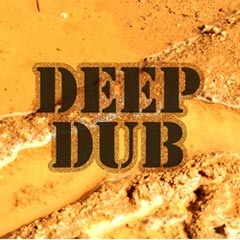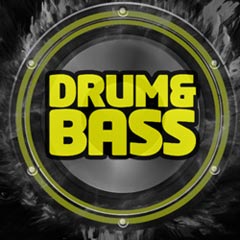Unreal
Excluded or the chosen ones?. Music can evoke powerful emotions; it can transport you to a different place and time. People are forever haunted by songs from their past, feeling reminiscent and inspired by the power of music. And yet music has become even more cryptic with the capacity for composers to use digital sounds, compounded tones, or distortion that well exceeds our natural auditory range. Music is no longer limited by reality – it's now chosen to spell out entire sonic landscapes untethered from reality we have ever known. No wonder why today’s top musicians often include ‘unreal’ as a descriptor for their noise endeavor!
Excluded or the Chosen Ones? Unreal Music and Its Reception in the Industry
Have you ever wondered why some songs make your heart race, while others leave you feeling empty? Why certain tunes drive you to dance, while others provoke introspection or even sadness? The power of music lies in its ability to evoke emotions and memories, to create whole worlds within a few chords, and to move us beyond words. But what happens when music becomes untethered from reality, when composers choose to create sounds that defy our natural auditory range and play with our expectations? This is the realm of unreal music, and its reception in the industry and among listeners is a fascinating topic in itself.
Unreal music or experimental music is a broad term that encompasses a variety of genres and approaches. These range from electronic music that uses digital sounds and ambient textures to create immersive sonic landscapes, to avant-garde compositions that deconstruct traditional musical elements and techniques, and to noise artists who produce harsh, abrasive, and dissonant sounds that challenge our conception of what is musical. While some musicians and fans embrace these genres as a way to push boundaries and explore new forms of expression, others dismiss them as unlistenable, pretentious, or even damaging to the ears.
One reason for this split in reception is the way we approach music as listeners. For many of us, music is a source of pleasure, comfort, and familiarity - we listen to certain genres, artists, or songs because they resonate with us emotionally or culturally. We may value music that reminds us of our past experiences, that provides a soundtrack to our life situations, or that allows us to escape from reality for a while. In this sense, unreal music can be seen as a disruption to this comfort zone, a challenge to our aesthetic and sonic expectations, and even an attack on our sense of order and coherence.
However, for others, unreal music represents a liberation from the norm, a space for experimentation and innovation, and a way to reimagine what music can do and be. These listeners may embrace the dissonant sounds, the fragmented structures, and the strange textures of experimental music as a way to expand their musical tastes and intellectual curiosity. They may appreciate the way these sounds evoke different emotions or moods, challenge their perception of time and space, or highlight the sonic qualities of the human voice and body. In this sense, unreal music can be seen as a way to empower the listener, to break down barriers and expectations, and to invite a new kind of musical experience.
So, where does this leave us? Are those who listen to unreal music the excluded ones, who seek to alienate themselves from the mainstream or the unenlightened masses? Or are they the chosen ones, who embrace the power of music to transform and challenge the human mind and spirit? Perhaps, the answer lies somewhere in between, where the listener can navigate the vast and complex landscape of music styles and genres with an open mind and a critical ear. Perhaps, the real beauty of music lies not in its adherence to a fixed set of rules and expectations, but in its ability to create ever-expanding possibilities of expression and connection.
The world of unreal music may seem intimidating or impenetrable for some, but it is also a space for creativity, diversity, and exploration. By challenging our sonic expectations and emotional responses, unreal music expands our capacity to experience and understand the power of music. Ultimately, whether one chooses to embrace or reject this kind of music is a matter of personal taste and preference, and there is no right or wrong answer. However, by exploring new musical territories and by engaging with the sounds that seem strange or unfamiliar, we may discover new aspects of ourselves and of the world we inhabit. And that is what music is all about - the endless quest for meaning, beauty, and connection, wherever it may lead us.







